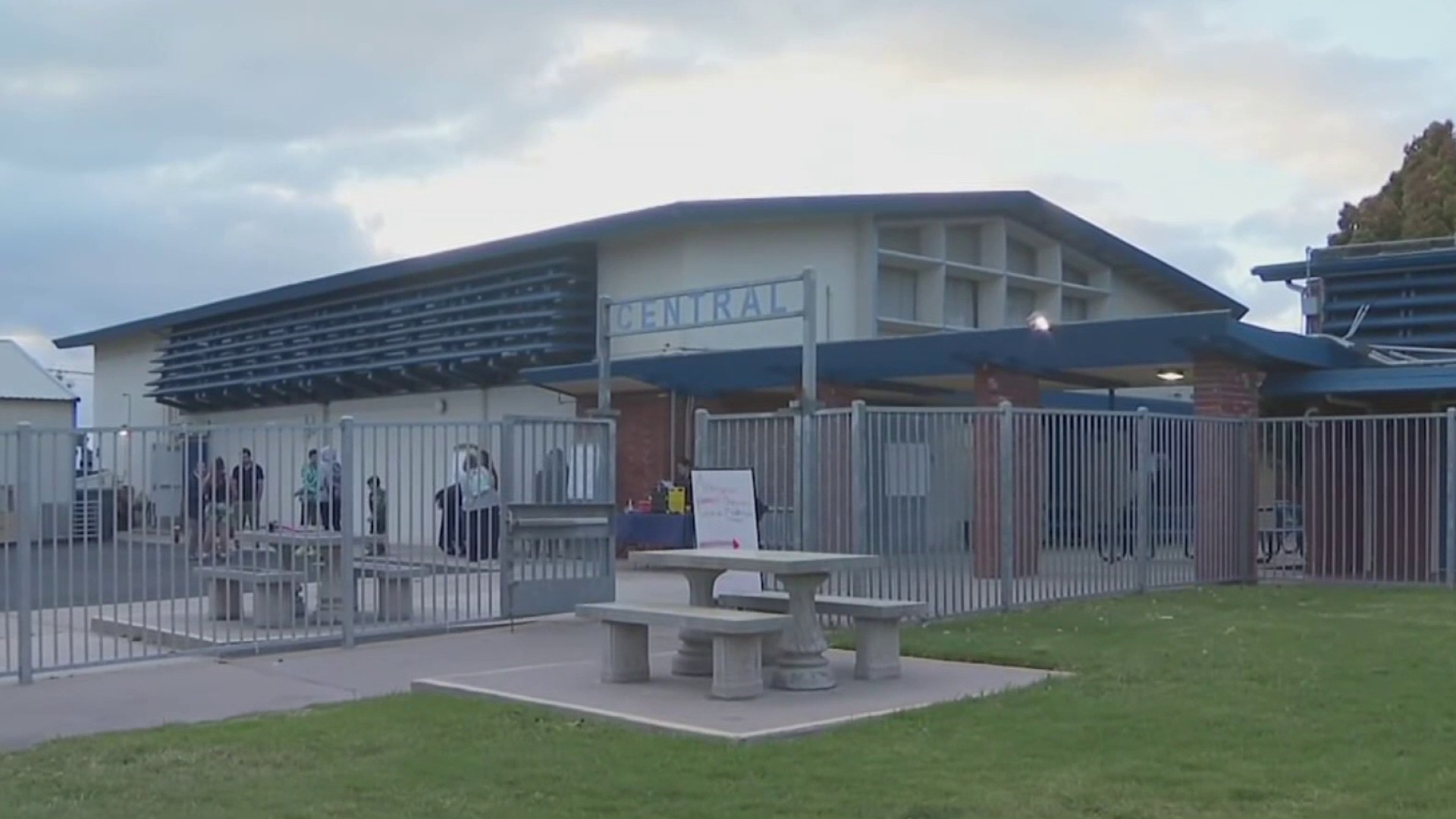A Rancho Penasquitos, California, woman says a faulty meter read resulted in a $908.29 water bill for the months of March and April, even though her average water bill is between $200 and $300.
“I almost cried when I opened the bill,” said Kristy Wissmath, who has lived in her North County home for four years. “I usually get a message at the bottom of my bill that says ‘Thank you for conserving water.’”
Wissmath, who lives with her two teenage children, says she tracks all her family’s water usage very carefully and is even replacing her front yard with artificial turf. Many have been working to conserve water as the Californian drought stretches into its fourth year and Gov. Jerry Brown has called for a mandatory reduction in water usage.
San Diego city officials confirmed the woman’s meter was indeed read incorrectly, adding the woman handled the issue exactly how they hope customers would respond.
“We’re out there reading thousands of meters a day and (the meter readers) are doing a great job,” said the Water Department’s Kurt Kidman. “Only an extremely small fraction of meters are misread and that’s because they’re human.”
Wissmath provided NBC7 with her water bills for the first two-month billing period of 2015 showing nearly a 200 percent increase in her average cost in water for the previous four years of bills. That bill for January and February totaled $693. In April, she received a $908.29 bill for water and sewer, a nearly 40 percent increase from the higher January and February bill.
Wissmath said after the first bill she called the Water Department and then had an outside contractor, a water use expert, come to her home to detect for leaks. She said during the two hours the expert was at her home, he could not find anything wrong with any of her appliances, irrigation or water systems.
Local
“Then the expert called another expert and they spent even another 45 minutes at my home getting more and more frustrated that they couldn’t determine the source of the extra water use,” Wissmath said.
As it turned out, she wasn’t using as much extra water as she was billed for, according to both the city and Wissmath.
Kidman said there are safeguards in the system that prevent misreads. Handheld devices carried by meter readers will kick a number back out of the system if it falls drastically outside the range of average for a particular home.
Kidman said Wissmath will not be billed for water she did not use. Wissmath said she was told by the Water Department she would not be reimbursed for the first $652 bill but that the Water Department did cancel the $908 bill and is re-calculating what she actually owes.
She said she believes the city is only reissuing the bill because she took a photo of her meter with her cell phone.
“That’s not true,” said Kidman. “She did send a photo of her meter which was very helpful, but in other instances we would just believe you. I don’t want to say it happens all the time because it doesn’t, but what happened in this instance is normal and the system worked.”
Water rates were slightly increased in 2013, a change that is only now in the past four months reflecting on customer’s bills.
However, if you get a water bill that is drastically higher than what you normally pay, you need to get to the bottom of why it increased so much, said Managing Director Stephen Heverly of Equinox Center, a think tank for sustainability issues.
“A large user might see a $10 to $20 increase in their water bills total because of rate increases,” Heverly said. “If their water bills are doubling or tripling then there’s something well beyond the actual rate increases that’s going on.”
Kidman said to check for leaks if your water bill is skyrocketing. If you don’t have time to call out a plumbing expert, an easy way to check if something may be going on is to turn off all the appliances and water in your house and read your meter. Wait 15 minutes and then read it again. The number should not have changed, and if it has, you may have a leak.
Because sewer rates are based on your winter water usage, if you have high readings during winter months, that could exponentially impact your sewer portion of your bill, Heverly said.



